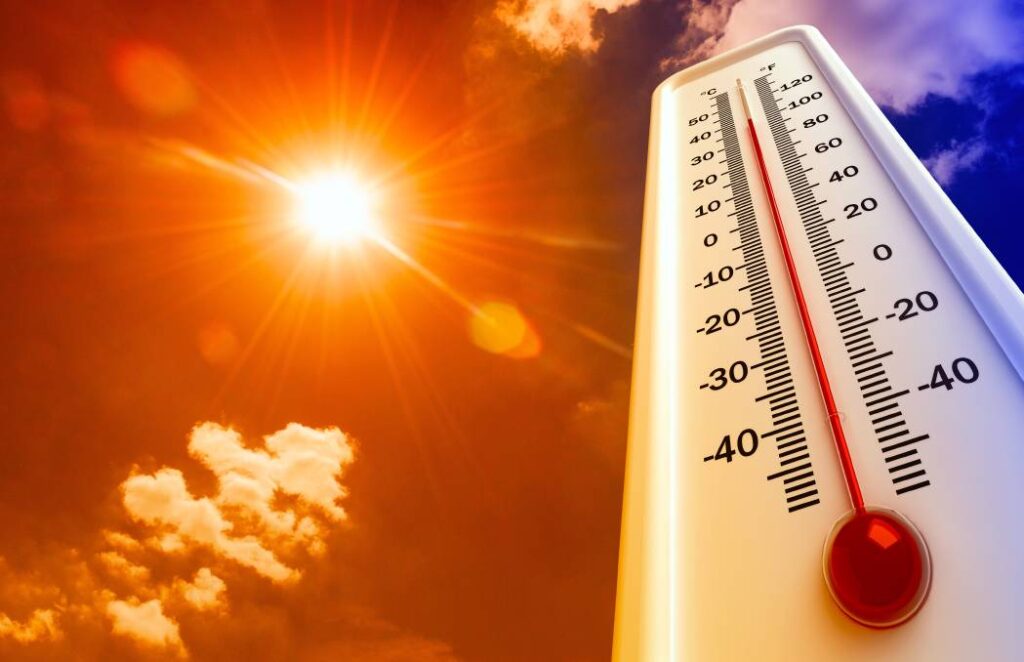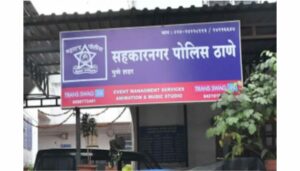Pune’s April Roast: City Records Unprecedented Heatwave Surge

Pune, 23rd April 2024: The scorching heatwave gripping Pune has shattered records this April, marking the hottest start to the month in over a decade, with an average daytime temperature soaring to 39.4°C.
In an unprecedented turn of events, Shivajinagar experienced a sweltering 41°C, a milestone not seen in the initial 21 days of April since 2014. The relentless heat has already taken a toll, with Pune registering five heatstroke cases by April 15.
Dr. Medha Khole, head of the weather forecasting division at IMD-Pune, attributed the soaring temperatures to two primary factors: warm air advection and local atmospheric conditions. She explained, “Warm air is sweeping into regions like Madhya Maharashtra and other parts of the state from western Madhya Pradesh, Rajasthan, and northern Gujarat. These lower-level winds carry warm and dry air from hotter regions, resulting in a rapid decrease in relative humidity and a corresponding rise in daytime temperatures.”
“Locally,” Dr. Khole continued, “frequent clear skies in the morning and afternoon hours have intensified solar heating, exacerbating the heatwave.”
Doctors expressed concern over the surge in heat-related ailments. They remarked, “We have seen an increase in heatstroke cases, particularly among children, presenting symptoms such as vomiting, dehydration, and weakness. Many schools lack adequate air conditioning, forcing children to endure hot conditions while commuting on buses. Furthermore, outdoor activities on school playgrounds expose children to high temperatures, exacerbating the risk. Elderly individuals are experiencing heat-related issues such as kidney stones, urinary tract infections, and dehydration, leading to a loss of appetite. Adults are reporting cases of heatstroke and gastrointestinal problems, highlighting the widespread impact of the heatwave on public health.”
As Pune residents grapple with the relentless heat, authorities urge caution and advise taking necessary precautions to prevent heat-related illnesses.





